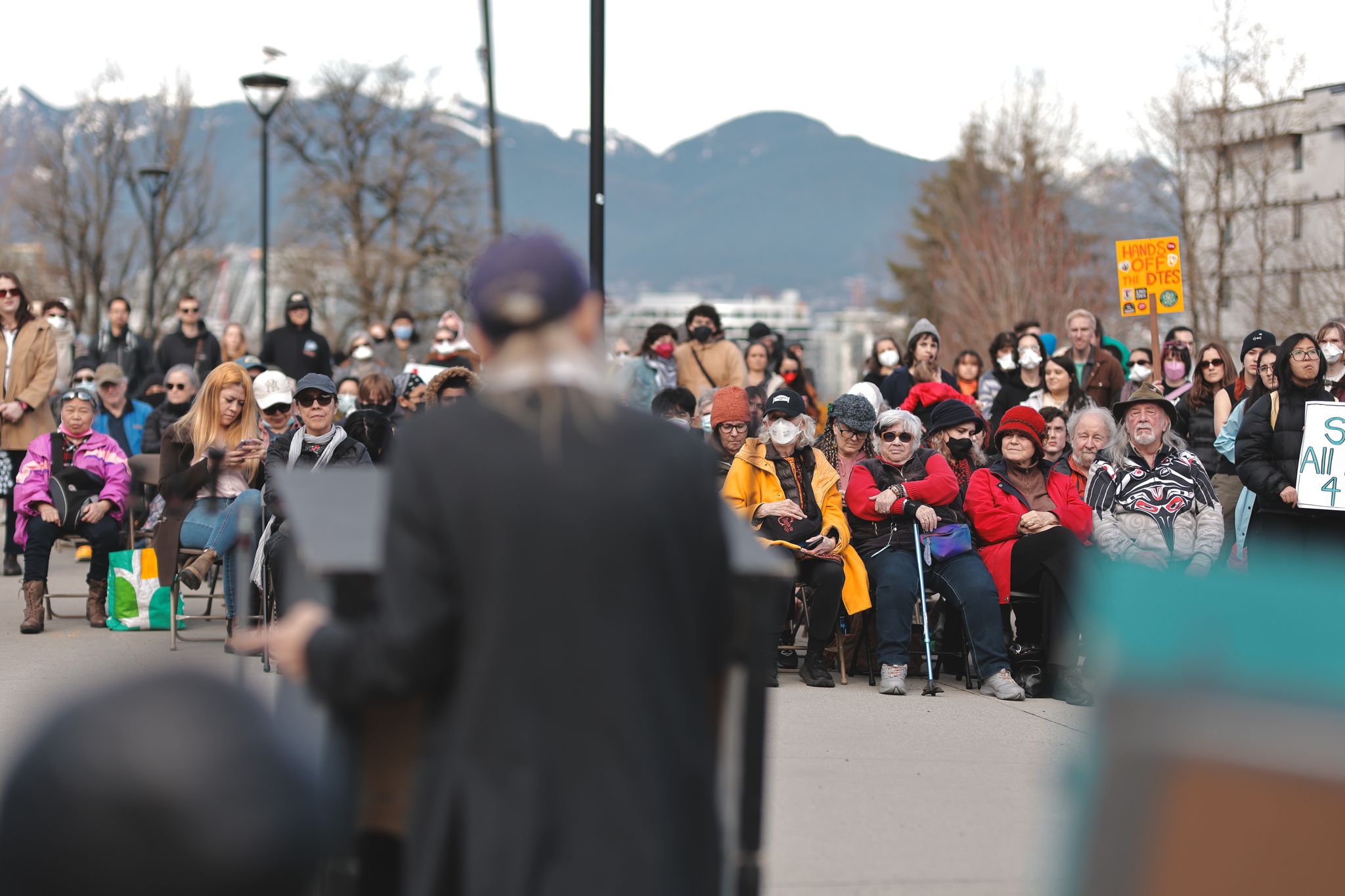Analysis
In the 2008 election, Vision Vancouver and Gregor Robertson recognized that to win an election in progressive Vancouver, politicians needed to talk the talk...
Hi, what are you looking for?


Vancouver Mayor Ken Sim has announced a plan to freeze supportive housing development in the Downtown Eastside (DTES). The plan is part of a...
In the 2008 election, Vision Vancouver and Gregor Robertson recognized that to win an election in progressive Vancouver, politicians needed to talk the talk...
Vancouver City Council's two standout issues in the first half of 2011 landed for wrap-up on the same afternoon of 19 April 2011 as...
It wasn’t til the next day that I realized what had happened the day before. I went to the City’s Renter’s Roundtable at the...
Habitat 67, on the shore of of St. Lawrence seaway in Montreal, was originally designed to be an affordable community. Similar to Vancouver's Olympic...
This month City Hall passed a policy on upzoning the full length of Cambie Street, thereby lining the pockets of developers and speculators. This...
This month more buildings were added to the list of disappearing affordable housing in Vancouver. On May 1st the Colonial and Seaview hotels were...
According to Metro Vancouver's Homelessness Count released today, the number of homeless folks in Vancouver increased from 1,580 to 1,605 over the last 3...
Cambie Street just got a little 'denser', in more ways than one. By approving Phase 2 of the so-called Cambie Corridor Plan, not only...
Over the past two years, Vancouver City Council and its Planning Department have been increasing height allowances throughout the City. Almost every neighbourhood faces...
Thanks to a single municipality with clear vision and sturdy backbone — Coquitlam — the juggernaut Regional Growth Strategy (RGS) has at least temporarily...